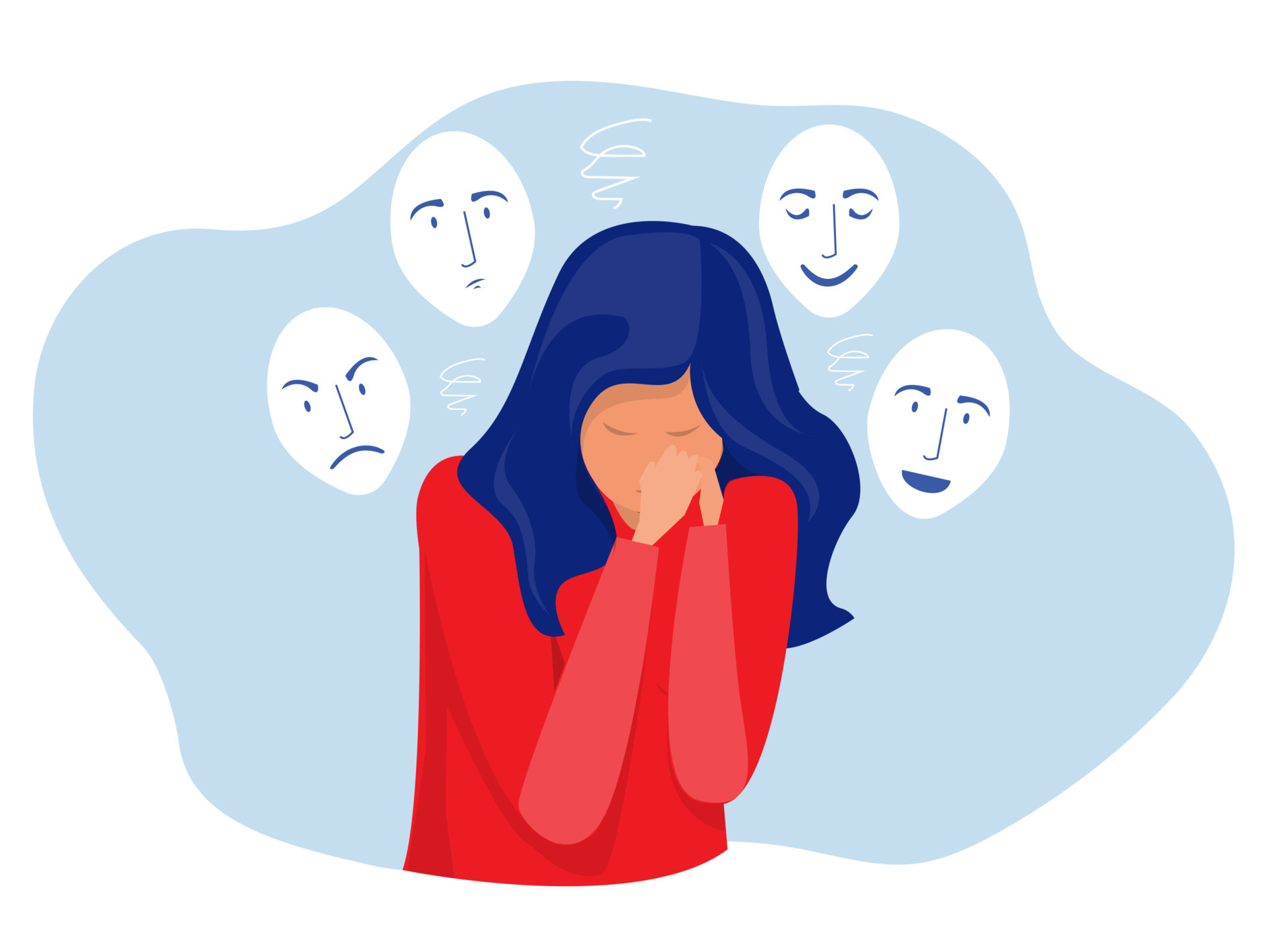Srinagar: When 18-year-old Asim (name changed) talked of qualifying Mathematical Olympiad exams, a prestigious high school mathematics competition held in the USA, his family was surprised.
Not too great at studies, the teen’s sudden interest and euphoria to crack the tough exams got them wondering. This was followed by violent episodes wherein he threatened to harm himself if he wasn’t given an expensive phone and car.
“When he began hitting himself and breaking things, his family rushed him to the hospital. He was diagnosed with bipolar disorder. His maniac episode had gotten so bad that he was also put on electroconvulsive therapy (ECT). It is sometimes used for severely manic or depressed patients and for those who don’t respond to medication,” the doctor treating him at IMHANS, Kashmir said.
Bipolar disorder, formerly called manic depression, is a mental health condition that causes extreme mood swings that include emotional highs (mania or hypomania) and lows (depression).
In Kashmir, one out of ten patients suffers from this mental health condition. In most cases, the patient reports to the doctor in the later stage and or in the state of relapse.
“In bipolar disorder, when your mood shifts to mania or hypomania (less extreme than mania), you may feel euphoric, full of energy, or unusually irritable. These mood swings can affect sleep, energy, activity, judgment, behavior, and the ability to think clearly. The second extreme is when you become depressed, you may feel sad or hopeless and lose interest or pleasure in most activities,” Dr. Junaid Nabi, Assistant Professor, Department of Psychiatry, GMC, Srinagar said.
He said the disease is caused due to chemical imbalance and can occur due to genetic inheritance too. Another reason can also be stress and a hectic urban lifestyle.
“Bipolar disorder is often treated with mood-stabilizing medication and, sometimes, other psychiatric drugs. It can be diagnosed by gathering comprehensive medical history, family history, and mental status examination. The medical examination will usually include lab tests to evaluate the person’s general health and to explore whether the individual has a medical condition that might have mental health symptoms,” he said.
More importantly, the burden caused by bipolar disorder upon families and caregivers in the valley is a matter of increasing clinical concern. The majority of caregivers used avoidance, seeking social support, and problem-focused strategies.
“We need to better understand caregivers’ views and personal perceptions of the stresses and demands arising from caring for someone with bipolar affective disorder. Family interventions are needed to increase the coping ability of caregivers of the patient,” said Wasim Kakroo, a Clinical Psychologist at IMHANS, Kashmir.
Discover more from The Kashmir Monitor
Subscribe to get the latest posts to your email.




